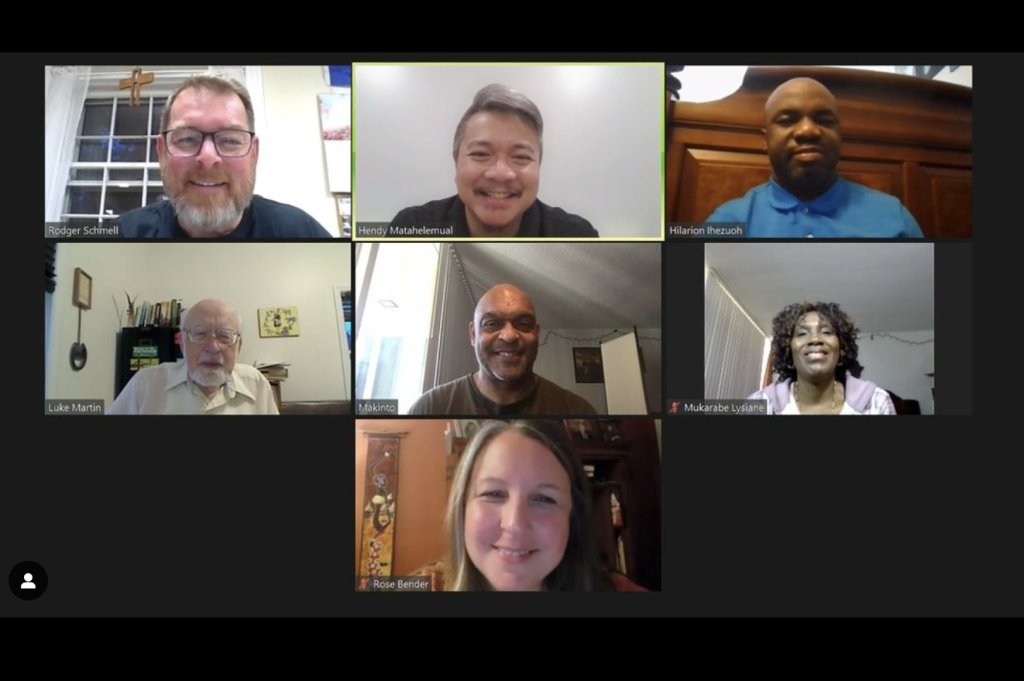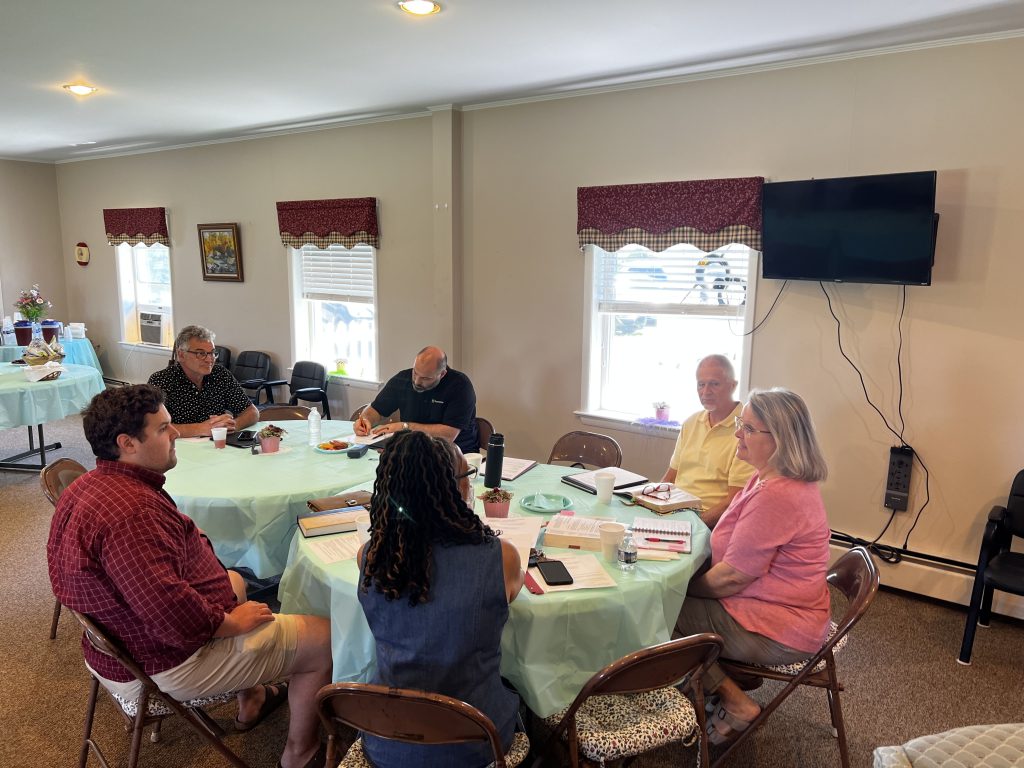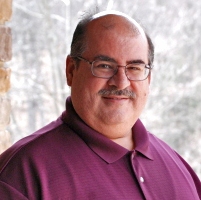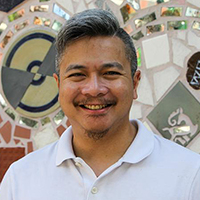by Sharon K. Williams
Editor’s Note: Faith and Life Gatherings are designated meetings for credentialed and retired leaders in Mosaic Mennonite Conference to study scripture together and build relationships across the conference. The next Faith and Life Gathering will take place on September 25 and will focus on another of Mosaic’s priorities.
Mosaic Conference’s Faith & Life team recently invited credentialed pastors and leaders to reflect on our intercultural priority (Mosaic’s two other priorities are being formational and missional).
We reflected on Jesus’ encounter with the Syrophoenician mother (Matthew 15:21–28). We noted Jesus’ willingness to playfully engage with this Gentile woman who stood strong in her faith—that she and her people could access the same blessings from God as the Jewish believers. Jesus even affirmed her in flipping the script with her bold sassiness! We marveled at the transformation that happened for them both because of their willingness to stay engaged with each other.
We also reflected on Paul’s teaching that “there is no distinction between Jew and Greek, because the same Lord is Lord of all, who gives richly to all who call on him” (Romans 10:12). This biblical affirmation is well known, but what challenges does it hold for us today?
As we examined the scriptures, reflected on our ministry experiences, and prayed together, we noted the following:
- Culture is a way of life shared by a group of people who are bound together by ethnicity, food, values, religion or theology, politics, and many other aspects. A deeper dive into a perceived culture often reveals diversity within a culture.
- In the past, as Franconia Conference and Eastern District embraced their missional calling, we had to start learning how to minister across cultures.
- Being intercultural is different from being multicultural. We need to be aware of and respect the values that people of other cultures hold. We can recognize our culture and others’ cultures without judgment, by giving and receiving, and experiencing mutual transformation.
- God works through intercultural encounters to shape us and our communities. An important part of intercultural ministry and relationships is to not minimize differences between cultures but to curiously embrace the differences and be open to the transformation that can happen.
- Being intercultural takes work. We must seek ways to develop curiosity about other cultures as we build relationships. Then we will recognize the image of God in ourselves and others.
- Being intercultural includes doing the long-term, hard work of being antiracist. We must learn to recognize systemic racism and its dynamics and work together to create different ways of ministering together and respecting others. It requires commitment to stay in the struggle.
- Being intercultural requires the daily practice of empathy, humility, and flexibility.
The group curiously raised these questions: What is the vision for the conference’s intercultural priority? What are our expectations? How can this priority strengthen our conference and beyond?
Love like Jesus, preach the character of Jesus—and be transformed.
What can we do? Loving like Jesus transforms our relationships with him and others. Preaching the character of Jesus can help us move beyond our propensity to be difficult or stuck in our ways. Like the Syrophoenician mother, people are looking for authentic transformation and healing and will cross cultural boundaries when they find it.
We need to lean into the character of Jesus, set aside our norms, and look for the transformation. Sometimes we miss it because we operate by our blind spots. What draws our attention and what might we be missing? We must preach Jesus and be as caring and loving as him so we can recognize what is happening. We must be willing to hear and acknowledge each other and their truth.
Intercultural transformation is a mystery, and it is beautiful! Let us press forward to learn together and receive what God has for us.
Recommended resource
The New Testament in Color: A Multiethic Bible Commentary, edited by Amy L. B. Peeler, et al, InterVarsity Press, 2024.

Sharon K. Williams
Sharon K. Williams serves as the minister of worship with the Nueva Vida Norristown (PA) New Life Mennonite congregation.
Mosaic values two-way communication and encourages our constituents to respond with feedback, questions, or encouragement. To contact the author(s) of this article, please email communication@mosaicmennonites.org.














